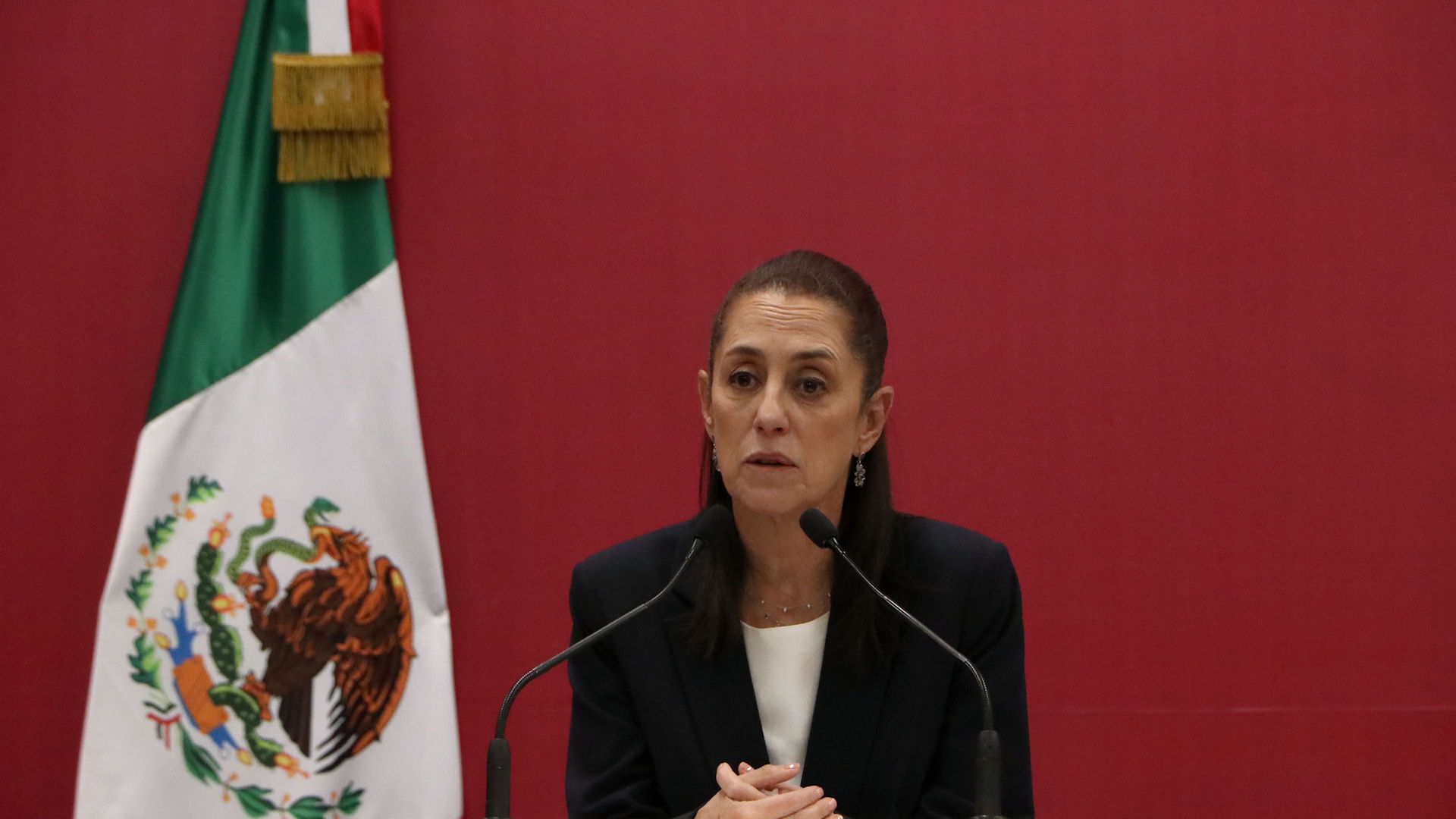
I knew Mexico had changed when, two decades ago, I came upon Mexico’s premier political scientist and a senior Mexican diplomat at a conference in Mexico City, chatting during a coffee break—in English! When I first encountered Mexico in the 1960s, its elite was faintly condescending to Americans in a Latin American way, knowing they were poorer but feeling slightly superior culturally to crass Americans.
by Gregory F. Treverton
Note: The views expressed here are those of the author and do not necessarily represent or reflect the views of SMA, Inc.
NAFTA, the North American Free Trade Agreement of 1992, was a turning point for Mexico still more than for the United States. In the words of nineteenth century Mexican dictator, Porfirio Diaz: “Poor Mexico, so far from God and so close to the United States.” With NAFTA, Mexico took the historic decision that if it could not change geography, it could try to benefit from it, and so turned from sullen resentment to join the U.S. economic and geopolitical space. It decided, in the words of the Canadian politician, Robert Thompson, that “the Americans are our best friends, whether we like it or not.”
Now, Mexico has made history again, electing its first female President, Claudia Sheinbaum. She, a protégé of her predecessor, Andrés Manuel López Obrador, or AMLO for short, garnered the highest winning vote percentage since Mexico became a true democracy in 2001. But she faces daunting challenges, not least how she deals with those American “best friends.” She has pledged to continue AMLO’s “Fourth Transformation,” an ambitious effort to empower the country’s poor and marginalized citizens while weakening democracy in the process. With 60 percent of the vote, and only two votes shy of a super majority in the Mexican Congress, she has the opportunity to enact sweeping constitutional reforms, many of which remain on the table from AMLO.
Indeed, since Congress sits September 1, but Sheinbaum doesn’t take office until a month later, AMLO himself could push through the reforms, which range across the most contentious issues in Mexican politics—from eliminating proportional representation in Congress; dissolving or restructuring regulatory agencies and the independent voting tribunal; transferring control of the National Guard to the military; and electing Supreme Court justices by popular vote.
The other big question that looms over her presidency is how much AMLO will loom over it. To be sure, she is very much a person of the left, and shares most of AMLO’s views. Yet as a scientist by training, she is likely to be less impulsive and more data-driven than he was. That was visible in the Covid pandemic: while AMLO generally downplayed vaccines and masks in an effort not to hurt the economy, Sheinbaum encouraged both in Mexico City, and curtailed business hours and capacity while the pandemic was spreading.
Her critical test will be whether she tackles the organized crime that infests Mexico. While AMLO was generally cooperative with both the Trump and Biden administrations in helping manage the border, he was AWOL in the fight against crime. By contrast, Sheinbaum took a broad approach to crime while leading Mexico City, including trying to get at root causes, and managed to halve the homicide rate by 2022. Now, Mexico’s approach to the border is essentially to keep busing would be asylum-seekers south, away from the border, hoping they will give up trying and return home. That is probably as good as the United States can expect in a Sheinbaum administration as well.